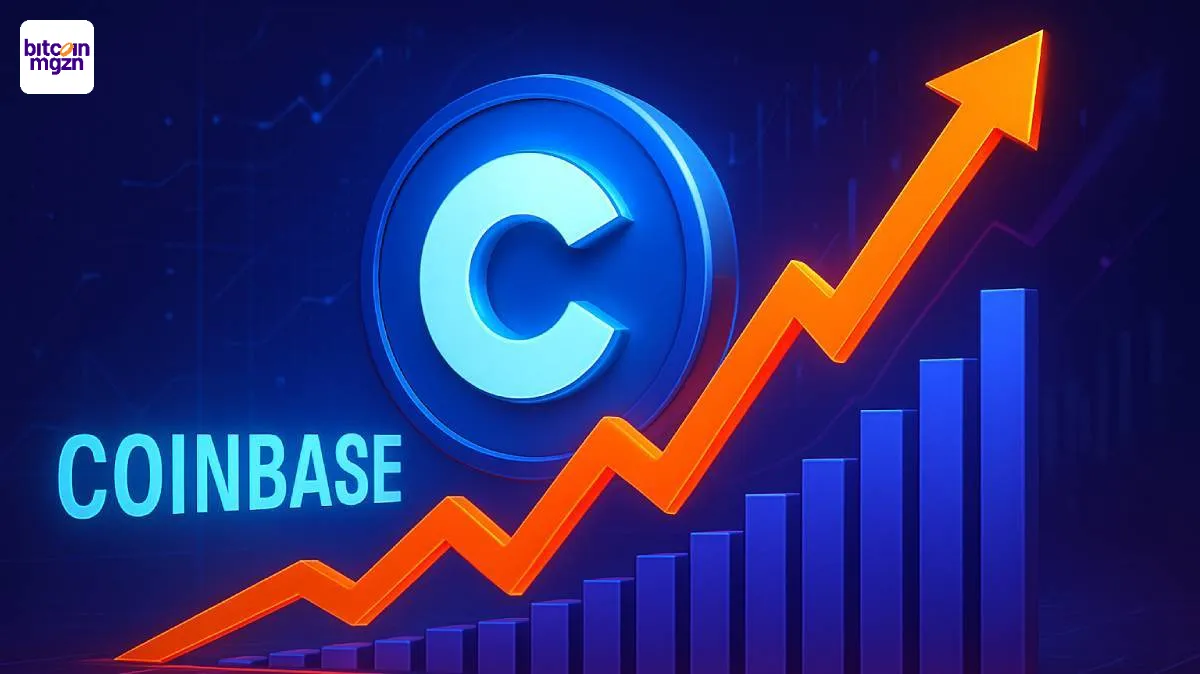The recent turbulence in global markets highlights a growing concern about economic stability, particularly in light of rising tensions between the United States and China. As investors grapple with the unfolding situation, predictions from both financial analysts and market participants paint a grim picture for the future.
Financial Market Impact and Volatility
Recent announcements regarding import tariffs by China in response to U.S. tariffs have sent shockwaves through financial markets. Investors are feeling the sting of significant losses, with over $5 trillion in shareholder value evaporating within a matter of days. This volatility is leading to widespread unease among market participants and economists alike, as concerns about a potential trade war escalate.
Prominent financial institutions, such as Goldman Sachs and JPMorgan Chase, have adjusted their recession forecasts as economic indicators signal a deteriorating outlook. Goldman Sachs has increased the probability of a U.S. recession occurring within the next year to 45%, while JPMorgan Chase has raised its estimate to 40% during this period of uncertainty.
The Growing Fear of Recession
On prediction markets like Polymarket and Kalshi, sentiment among users indicates a heightened expectation of a recession. The probability of an economic downturn is now assessed at 64% and 67% on these platforms respectively, a significant rise from earlier estimates of 52% and 54%. This escalation comes on the heels of President Trump’s announcement of sweeping tariffs, which has prompted heightened concerns among market participants.
As news of these rising tensions circulates internationally, predictions are becoming increasingly pessimistic, reflecting a broader trend of anxiety regarding the future of the global economy.
Implications for Investors and the Economy
Despite the negative sentiment dominating the markets, President Trump remains steadfast in his approach, asserting that the tariffs will ultimately benefit American citizens. He emphasizes the necessity of addressing trade imbalances while simultaneously urging the Federal Reserve to consider lowering interest rates to stimulate growth.
In conjunction with these developments, the cryptocurrency market is also experiencing significant fluctuations, as demonstrated by the recent drop in Bitcoin prices. Many investors are now questioning whether this moment represents an ideal opportunity to enter the crypto market, with exchanges like OKX seizing the chance to attract new users by offering incentives such as free Bitcoin.
Conclusion: Navigating the Uncertain Future
The convergence of a potential trade war and shifting economic forecasts paints a complex picture for both conventional and cryptocurrency markets. As analysts and investors begin to recalibrate their strategies in response to these developments, the importance of staying informed and adaptable will be crucial in navigating this turbulent economic landscape. The road ahead remains uncertain, but vigilance and preparedness will be key for those looking to weather the impending storm.



